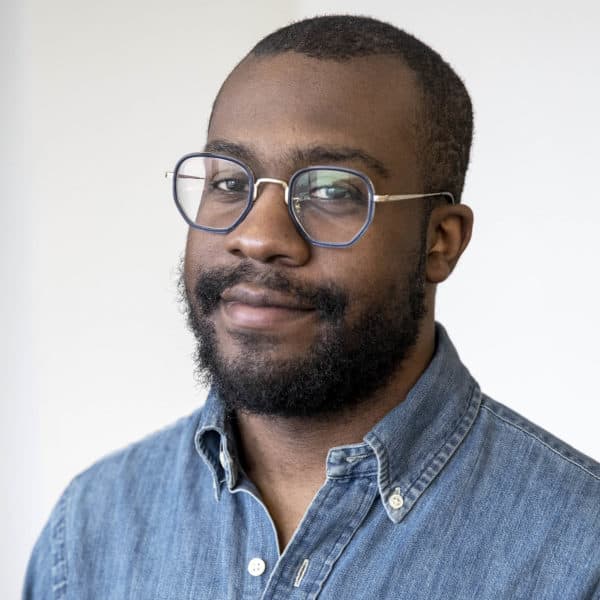Advertisement
Camp Atwater, Perhaps The Oldest Summer Camp For Black Kids, Turns 100
Resume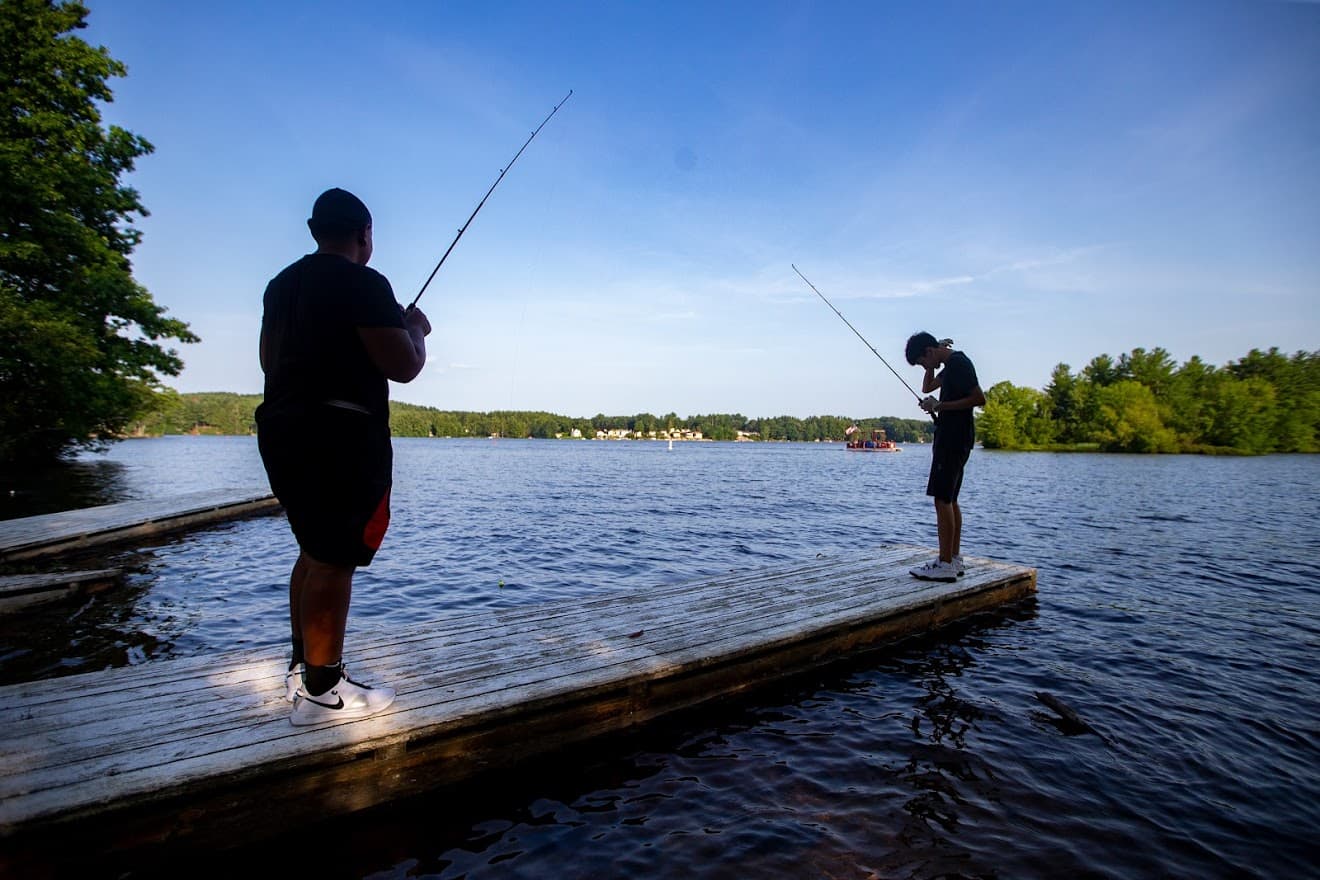
On the shores of Lake Lashaway in central Massachusetts this summer, you're likely to find kids frolicking in the sun, making pottery, fishing or talking to friends.
It sounds like it could be any summer camp. But this is the Camp Atwater, founded 100 years ago as one of the first — if not the first — summer camps in America specifically for Black kids.
The camp was created at a time when other summer camps were closed to Black children. But many campers and organizers say Atwater is still needed today, a century later.
"There's not much representation of Black people in Massachusetts," said Olivia Auston, 16, as she played with a fellow camper on the basketball court. "When you think of different [places], you think 'Oh, Massachusetts. Full of rich, white people.' But it's nice to have somewhere you can go and trust people, and be around your own people."
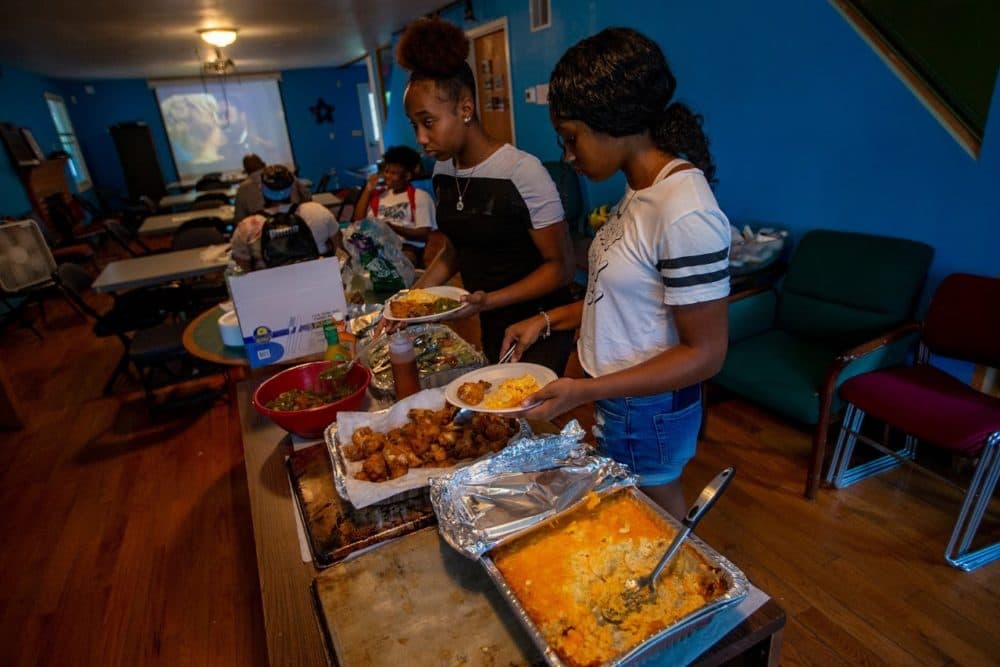
Auston's friend on the basketball court said Camp Atwater also gives them the opportunity to explore their individuality.
"I mean, we're obviously all different in our own ways," said Alaysia Mondon, 14.
"Miss Speech Girl," Auston teased.
They both laughed.
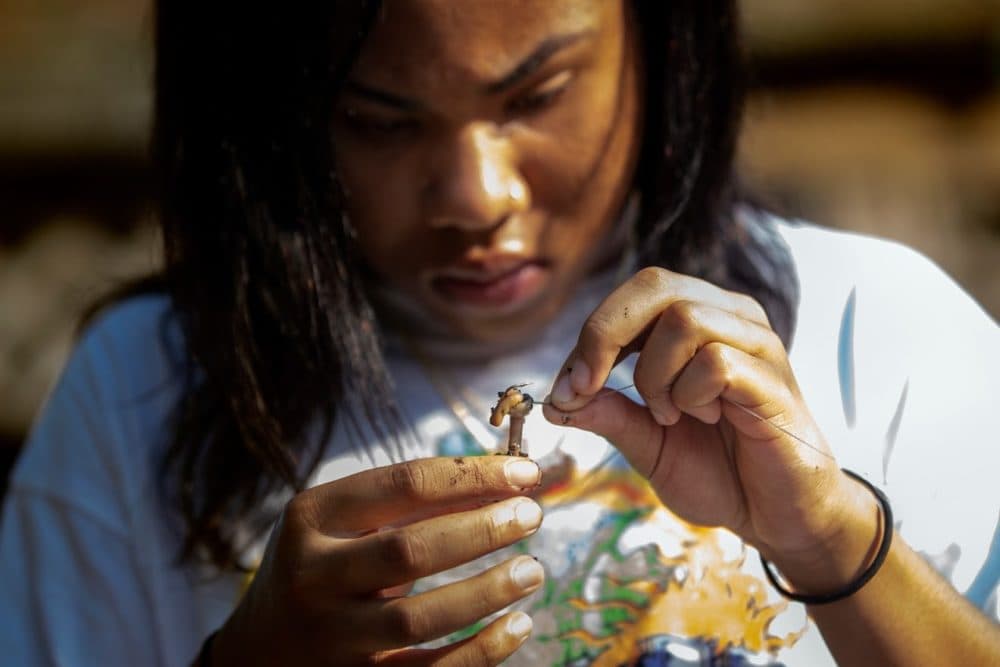
Henry Thomas III, who heads the Springfield Urban League, which manages the camp, said the camp is especially needed after the trauma of 2020 — when Black kids dealt with both the isolation of the pandemic and the racist injustices of last year.
"When you think about where the kids have been for the last year — emotionally, psychologically — it's been kinda rough," he said.
He said Black kids are policed enough as it is. Thomas knows that intimately. He was a student activist in the 1960s as well as a camper at Atwater. He said going to the camp as a teen fueled his fight for justice. Thomas said one camp mother gave him a vinyl record of Malcom X speeches.
"We used to have some dynamite discussions about Civil Rights, the movement, Black power," he said. "The whole thing."
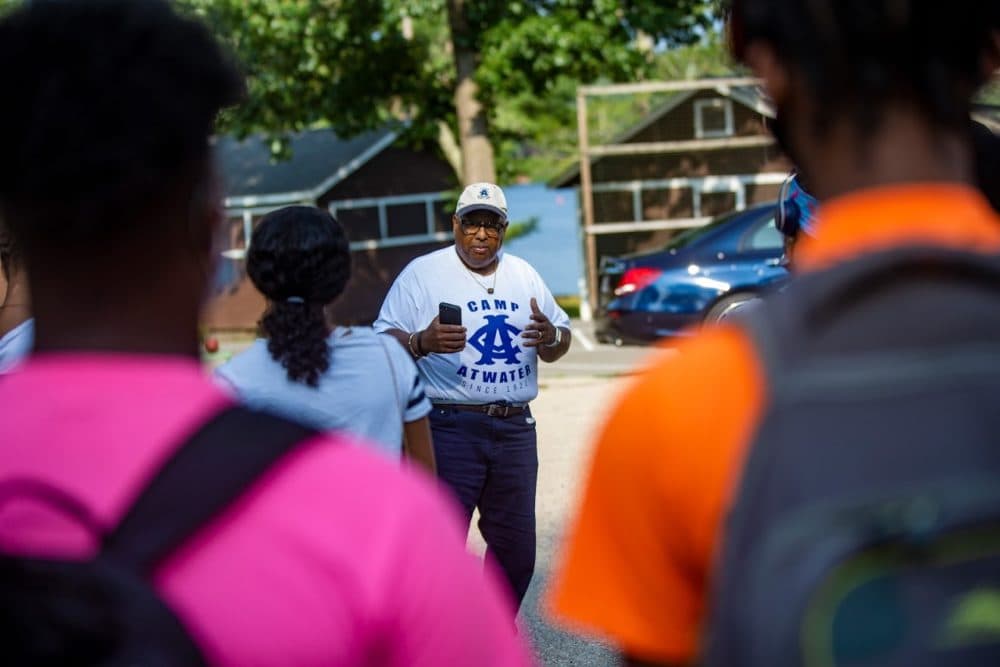
Though, the most important thing Thomas took away as a camper was that Atwater is a place that brings Black kids together to support each other's dreams.
"When we'd finish playing ball, we'd sit down on the waterfront and we'd start talking," Thomas remembered. "They were saying 'I want to be a doctor.' 'I want to be a lawyer.' "
And many of them did become doctors and lawyers.
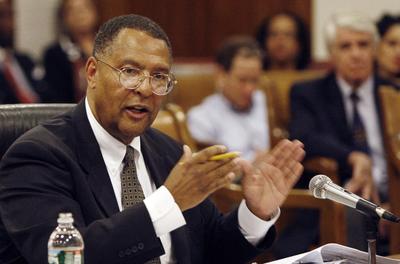
Thomas pulls out a small piece of paper with handwritten notes and rattles off the names of famous former campers who've come to Atwater. Wayne Budd, the former U.S. Attorney for Massachusetts; "Rick" Ireland, the first Black chief justice of the Massachusetts Supreme Judicial Court; Donald Faison, an actor known for the show "Scrubs;" Ruth E. Carter, the Oscar-winning costume designer of "Black Panther;" and media mogul Wendy Williams.
But Camp Atwater's magic doesn't come from the icons who have slept there, said groundskeeper Buck Gee, who was a camper in the '70s and a counselor in the '80s. Gee said the magic comes from the freedom it allows kids.
Gee remembers when kids would take canoes to an island on Lake Lashaway and camp there overnight.
"At night, you'd hear 'em singing and going back across like Vikings," he said, laughing. "And man, you're talking about noise all night. Loud!"
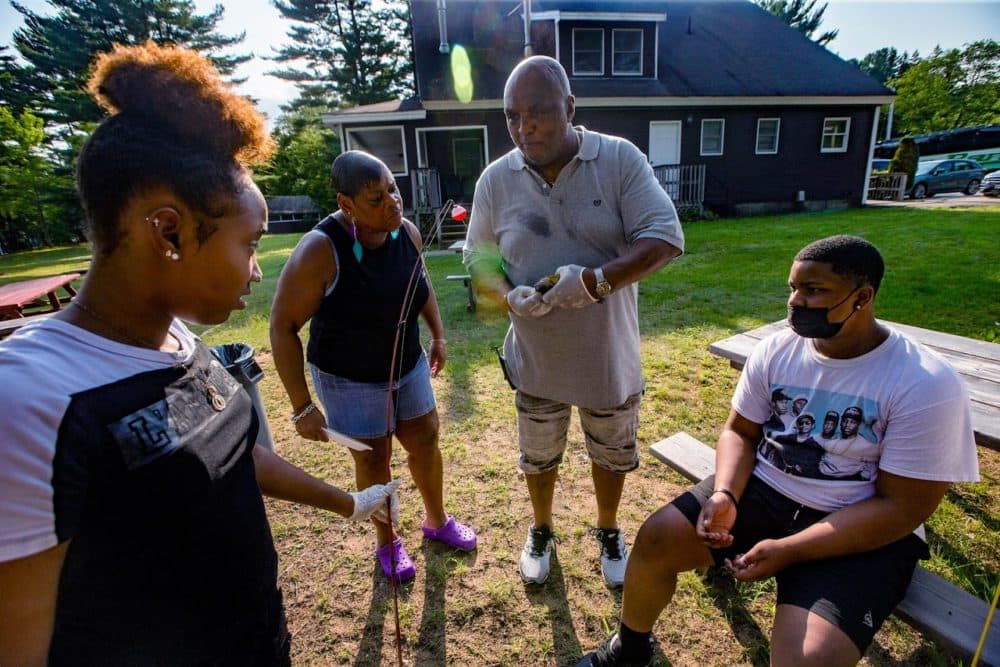
Thomas, one of the camp organizers, said the camp still tries to offer campers a healthy dose of freedom. He said he has just two mandates for campers: 1) Be good to yourselves and others and 2) Make sure you eat before you leave.
The American Camp Association and some historians believe the camp might be the oldest camp in the country aimed specifically at Black children.
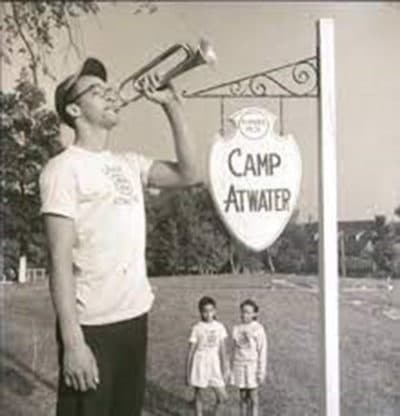
Leslie Paris, an associate professor of history at the University of British Columbia, said the camp played an important role in the Great Migration, when Black families moved from the South to metropolitan areas in the North.
"It provided opportunities to be away from the stresses of the cities, the racism of the city," she said. "It set apart spaces that were safe, that were welcoming."
Paris, who studies and writes about summer camps, said the first American summer camps weren't intended for Black children.
"The original child whom the first late 19th century camp proponents were imagining was a White boy," Paris said. "And their concern was about the boy's masculinity, his future leadership and sometimes also his spirituality."
Because Atwater was so unique, it attracted Black kids from around the country, especially from well-off families. Back then, Atwater also offered high-brow activities like fencing and ballet.
"Sending one's child to Atwater was a sign of privilege," Paris noted. "It signaled, for parents and their children, a sign for making it."
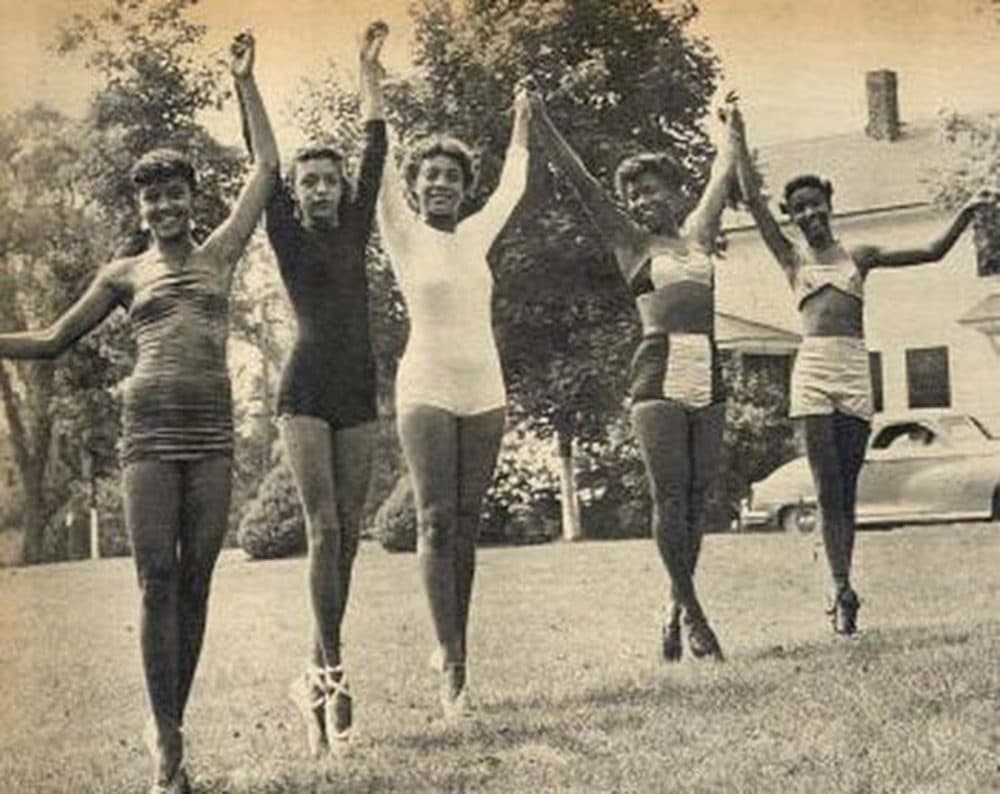
But despite its place in history, Atwater has drawn relatively little attention, even with the 100th anniversary this year, Paris said.
That could be partly because so few historians study summer camps or because the camps themselves are so ephemeral, lasting only a season.
Atwater has also shrunk over the years as other traditional summer camps started welcoming Black children, giving parents more options.
In most years, Camp Atwater is now a sleepaway camp serving more than 100 kids, age 8 to 16, according to camp leaders. Thomas, the camp manager, said in a given year, kids came from 26 states and 50 cities across the country. Paris, the history professor, said kids initially mostly came from the northeast and Washington. Later, they came mainly from the Midwest and the South.
But the camp suspended operations altogether last year because of the pandemic and is operating on a limited scale this year — as a free day camp for a few dozen older kids, mostly from Springfield.
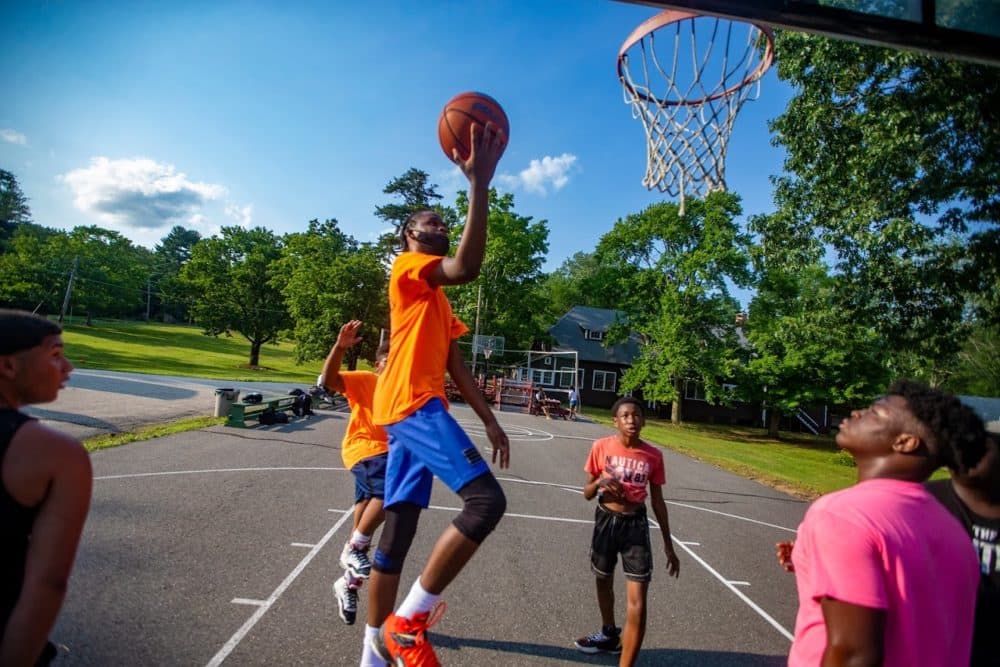
But even on a smaller scale, people say the camp has made a difference.
More from WBUR
As other campers headed for the buses back home, Joshua-Mark Campbell, 17, lingered for a moment on the basketball to reflect on his experience.
"I'm kinda without words, because this is something you don't see very often, you know?" said Campbell, a first time attendee. "And when you spot it, it's a good thing. So yeah, it's awesome."
Campbell said he hopes next year more kids can come to Camp Atwater — a place where Black kids can be Vikings, or just kids — if only for a slice of summer.
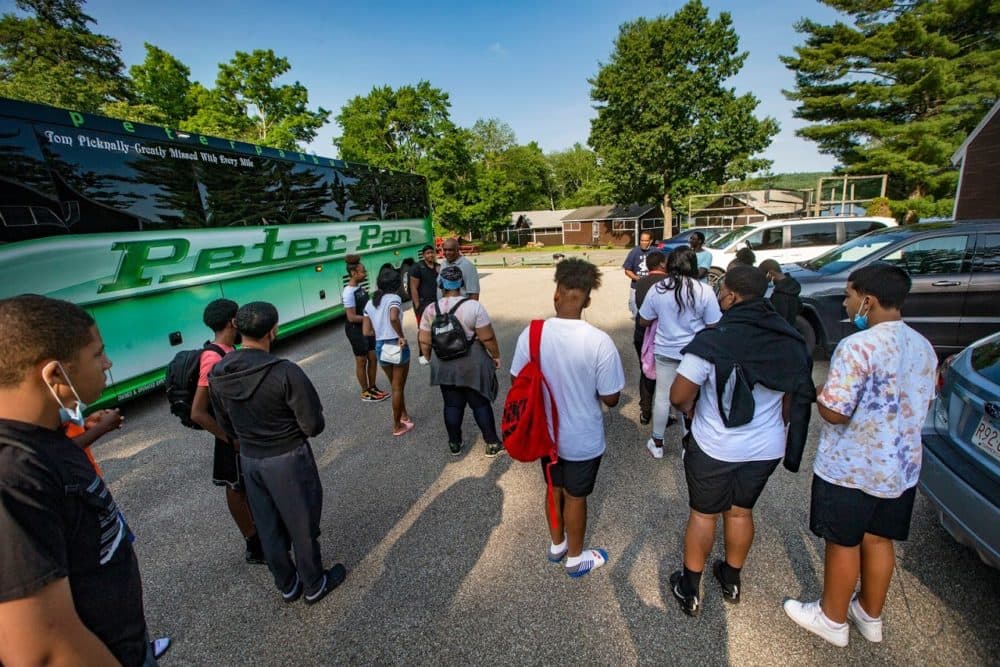
This segment aired on August 6, 2021.
